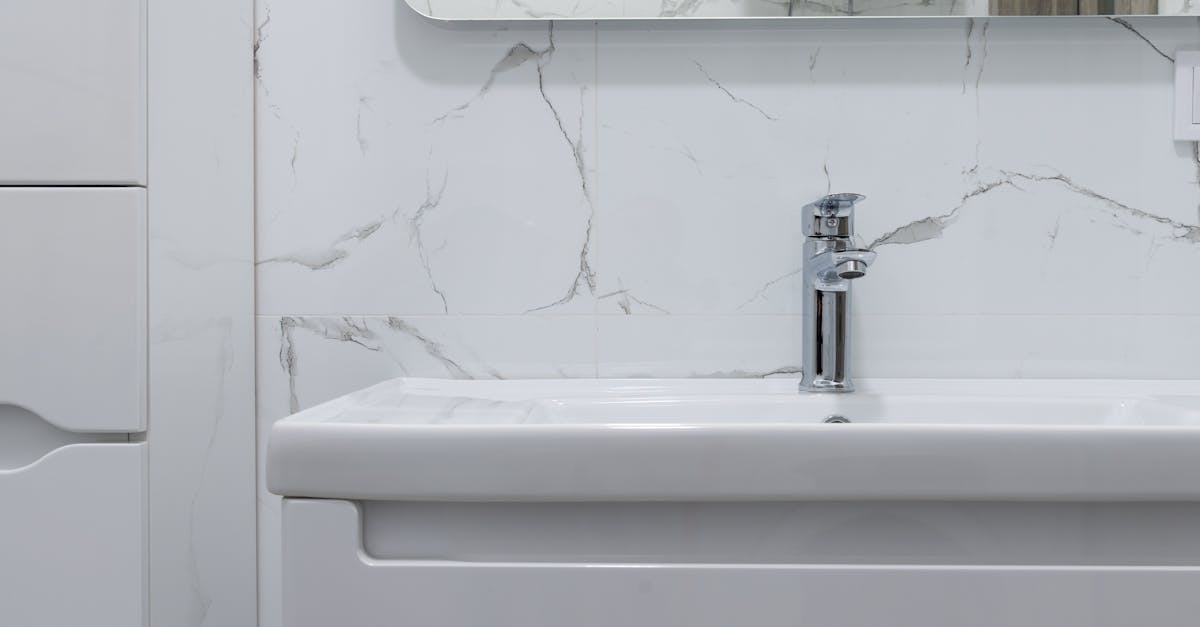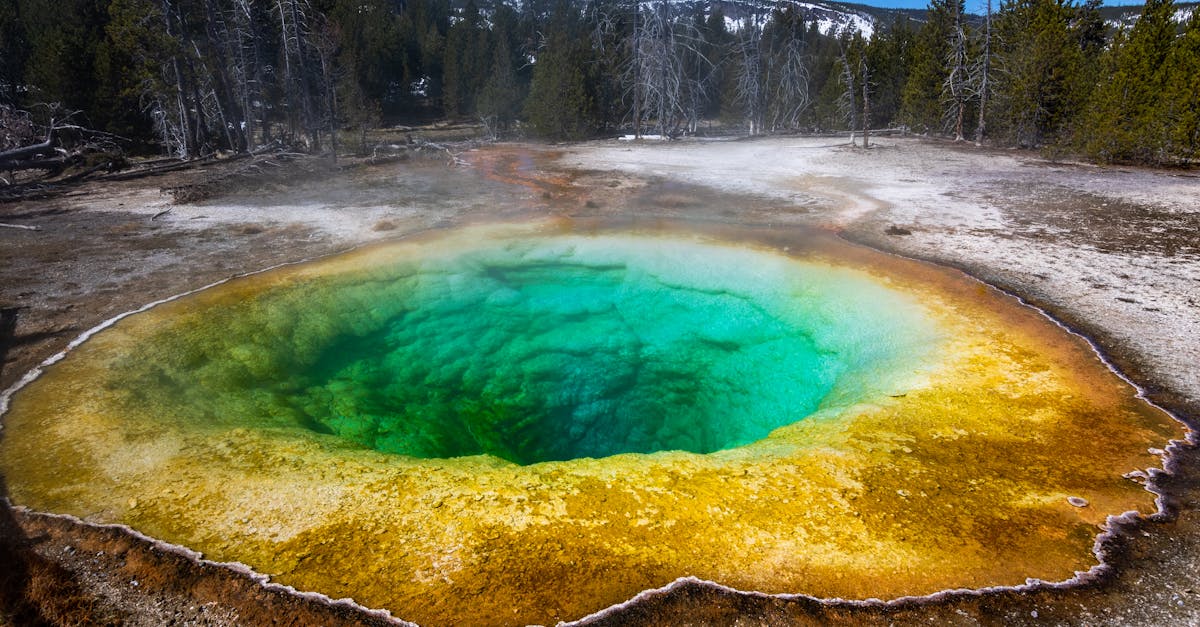
Table Of Contents
Hot water system age
Hot water systems, like all appliances, have a limited lifespan. The typical hot water system lasts anywhere from 8 to 12 years. If you're experiencing issues with your hot water supply, the age of your system could be a significant factor. Over time, the components within the system can wear out, leading to decreased efficiency and potential breakdowns. Hot Water System Repairs may become more frequent as the system ages, indicating that it might be time to consider a replacement.
Regular maintenance can extend the life of your hot water system, but as it approaches the end of its lifespan, the costs of repairs and inefficiencies may outweigh the benefits of keeping it. If your hot water system is reaching or surpassing the 10-year mark, it may be prudent to evaluate if it's time for a replacement. Keep in mind that newer models are often more energy-efficient and can save you money on utility bills in the long run. Hot Water System Repairs can only do so much for an ageing system, and investing in a new one might be the most cost-effective solution in the long term.
Evaluate if it's time for a replacement
If your hot water system is consistently failing to provide hot water, despite attempting various troubleshooting methods, it may be time to consider a replacement. Hot water systems have a typical lifespan, and as they age, their efficiency and performance gradually decline. Regular maintenance can prolong their lifespan, but eventually, even the most well-maintained hot water systems will need to be replaced.
Replacing an old hot water system with a new, energy-efficient model can not only ensure a reliable supply of hot water but also lead to cost savings in the long run. When it comes to evaluating whether it's time for a replacement, consider the frequency of Hot Water System Repairs required, the age of the system, and how well it meets your household's hot water demands.
Obstructions in the hot water system
Obstructions in the hot water system can cause a lack of hot water flow in your home. One common reason for this issue is the presence of blockages in the pipes connected to the hot water system. Over time, debris, sediment, or mineral buildup can accumulate in the pipes, hindering the flow of hot water to your taps and appliances. To resolve this, it is essential to inspect the pipes for any obstructions and clear them out effectively to restore the optimal functioning of your hot water system.
If you are experiencing a decrease in hot water supply, conducting a thorough check for blockages in your hot water system is crucial. Sediment buildup can not only restrict the flow of hot water but also lead to potential damage to the system if left unaddressed. By proactively identifying and removing any obstructions within the system, you can ensure a consistent and efficient hot water supply in your household. Hot Water System Repairs may be necessary to resolve these issues promptly and restore the performance of your hot water system.
Check for blockages in the pipes
When experiencing a lack of hot water flow from your system, one potential reason could be blockages in the pipes. Blockages can occur due to various reasons such as mineral build-up, debris accumulation, or corrosion within the pipes. To check for blockages, inspect the visible pipes for any signs of obstruction, including rust, sediment deposits, or other foreign materials that could be restricting water flow. If visible blockages are detected, it is advisable to seek professional assistance for thorough Hot Water System Repairs.
Clearing blockages in the pipes is essential to ensure proper hot water circulation throughout the system. Blockages can not only disrupt the functionality of the hot water system but also lead to potential damage and inefficiency in the long run. Regular maintenance and inspection of the pipes can help prevent blockages and ensure a constant supply of hot water. If persistent issues with blockages are encountered, contacting a qualified technician for professional Hot Water System Repairs is crucial to restore the system's performance and efficiency.
Electrical issues with the hot water system
When facing hot water issues, electrical problems can be one of the culprits. If there is no hot water coming from your system, the first step is to ensure that the power supply is functioning correctly. Check if the circuit breaker connected to the hot water system is not tripped. If it has, try resetting it to see if it resolves the issue. An electrical malfunction can disrupt the heating process in your hot water system, which might necessitate Hot Water System Repairs to rectify the problem.
Another electrical aspect to consider is the thermostat settings of your hot water system. Incorrect settings can lead to inadequate heating of the water, resulting in no hot water being produced. Make sure to check the thermostat and adjust it to the appropriate temperature for your needs. In case the thermostat is faulty, it might need replacement or repair. Seeking professional assistance for Hot Water System Repairs is crucial when dealing with intricate electrical components to ensure safety and accuracy in resolving the issue.
Ensure the power supply is functioning correctly
If you are experiencing issues with your hot water system and there is no hot water coming out of the taps, one potential factor to consider is the functionality of the power supply. Before delving into more complex diagnostics or calling for Hot Water System Repairs, it is advisable to ensure that the power supply to the hot water system is operating correctly.
Take the time to check the power source, circuit breakers, and switches connected to your hot water system. Sometimes, a tripped circuit breaker or a switch that has been turned off inadvertently can disrupt the power supply, leading to a lack of hot water. By verifying that the power supply is functioning as it should, you may be able to pinpoint and resolve the issue without the need for extensive Hot Water System Repairs.
FAQS
How can I determine the age of my hot water system?
You can usually find the age of your hot water system by checking the manufacturer's label on the unit. The installation date should be mentioned there.
When should I consider replacing my hot water system?
If your hot water system is over 10-15 years old and experiencing frequent issues like no hot water, it may be time to consider replacing it with a new system for better efficiency.
What could be causing obstructions in my hot water system?
Obstructions in the hot water system could be due to sediment buildup or mineral deposits in the tank or pipes, hindering the flow of hot water.
How can I check for blockages in the pipes of my hot water system?
To check for blockages in the pipes, you can inspect the pipes for any visible signs of clogs or hire a professional plumber to conduct a thorough inspection and clear any obstructions.
What electrical issues could be causing a lack of hot water in my hot water system?
Electrical issues such as a malfunctioning thermostat, heating element, or power supply can lead to no hot water in your hot water system. Ensure the power supply is functioning correctly to rule out any electrical problems.





























